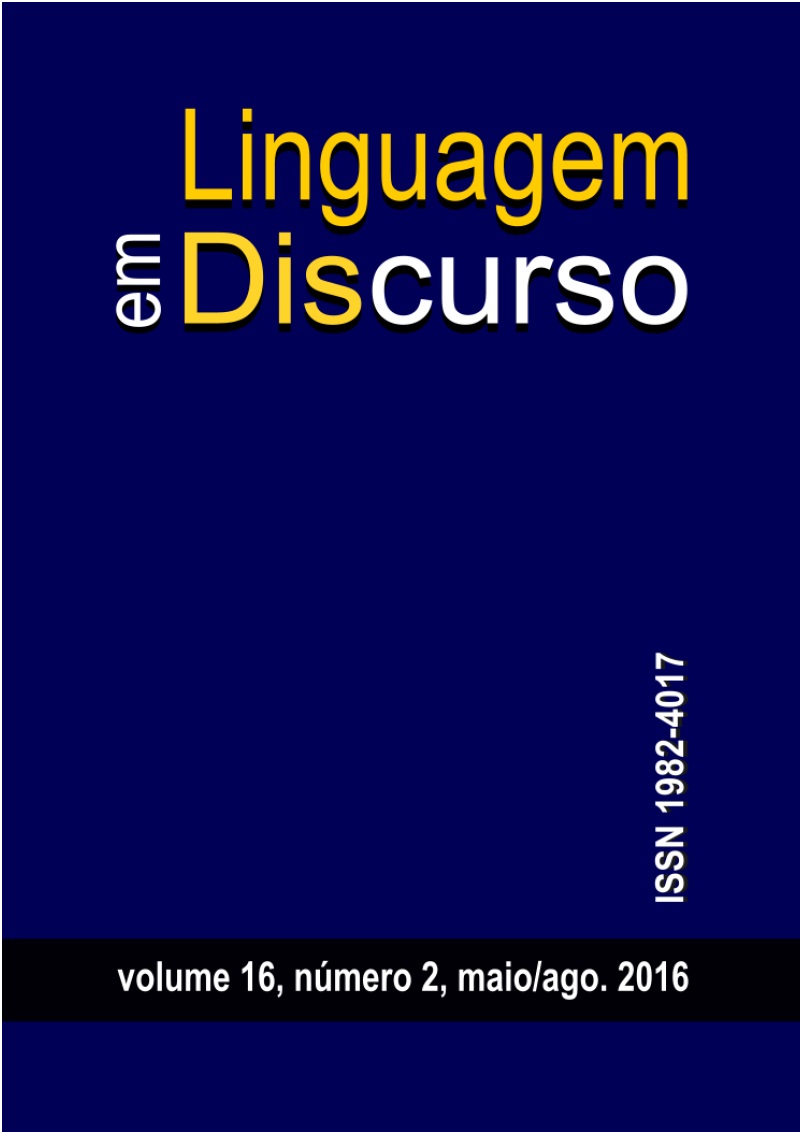Dilma Rousseff political speech and Lula’s ghosts: a study on the intersubjectivity in politics
Keywords:
Discourse, Intersubjectivity, Agentivity, Dilma Rousseff, LulaAbstract
The article analyzes Dilma Rousseff’s first year of public communication as the president of Brazil (2011). We seek to understand how the agencement between her and former president Lula was produced as a discursive process of construction and validation of a power. In other words, we ask how Dilma’s political persona was built while arranging that of Lula. We work this process in terms of intersubjective mediation, trying to understand how this composite set of agentivities, including Lula, the labor party, PT (Partido dos Trabalhadores), and the Brazilian left causes appear, with varying degrees of clarity, according to the context and the opportunity to highlight this new political persona. Thereunto, we observe this space of interstices, this pre-discursive and intersubjective dimension, in which occurs that phenomenon understood by Derrida as the undecidable and which characterizes the pre-symbolic and pre-understanding dimension of the social process.Downloads
Published
2016-08-11
Issue
Section
Research article


